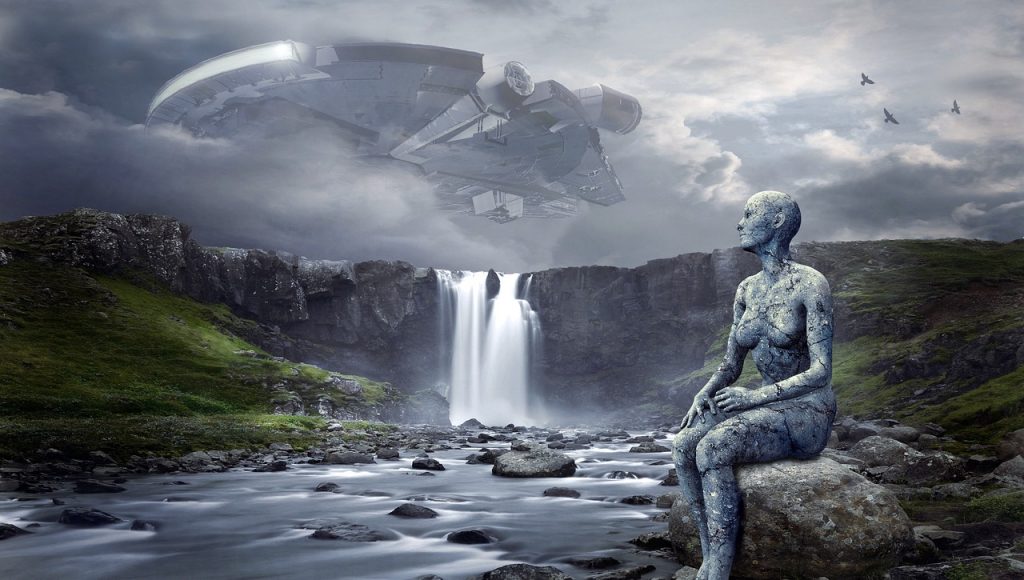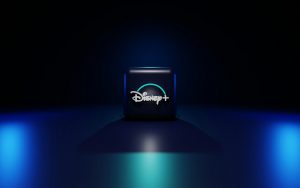“Alien: Romulus” Review: A Sci-Fi Hope Turns Into a Major Horror Disappointment
3 min read
Seven years after the last “Alien” film, the Xenomorph is back on the hunt. But how well does the latest entry in the horror sci-fi franchise hold up?
Ridley Scott’s attempt to revive his “Alien” series had met with moderate success. Seven years after “Alien: Covenant,” a fresh approach is being tried, though it aims to return to the roots that once made the horror sci-fi franchise great. The latest film, “Alien: Romulus,” follows human characters led by Rain (Cailee Spaeny) back into space, where no one can hear them scream.
Directed by horror expert Fede Alvarez (“Evil Dead”), the film features a young group attempting to loot an abandoned space station to secure their ticket to paradise. Predictably, the deadly alien awaits them there.
The seventh installment of the “Alien” series will be in German cinemas from August 15, 2024. Our spoiler-free review will reveal if the latest Xenomorph’s appearance is worth the trip. For now, get into the mood with the following trailer:
Like many, I encountered the “Alien” series too early as a teenager, which gave me a particular fascination for the mix of bloody body horror, claustrophobic suspense, and gritty sci-fi. Many years and some low points in the franchise later, that fascination remains, at least rudimentarily, which is why I still root for every new entry. I had high hopes for “Alien: Romulus,” especially since its premise harks back to the first and best part of the series, with Fede Álvarez, known for uncompromising horror, at the helm.
Unfortunately, my hopes were only partially fulfilled. “Romulus” often feels like a greatest hits of the series; those who don’t love the franchise unconditionally might even call it a knock-off. I frequently felt that while the film includes central and well-executed elements of an “Alien” film, I had seen them done better in other entries of the series.
“Romulus” impresses with appealing visuals, well-executed (often practical) effects, some nice ideas (like zero gravity), and a main character who is a worthy successor to Ellen Ripley. However, the film barely uses its good starting point to create thrilling horror. A practically empty, dark space station and a close-knit young crew scream for the suspenseful horror that characterized the first film, and the higher emotional connection between the victims could have made their deaths even more impactful.
However, this remains theoretical, as “Alien: Romulus” fails to give its characters or individual scenes enough time to breathe. The frequent jumps to different locations on the space station during tense moments often robbed me of the chance to fully engage with these sequences and feel the tension. Álvarez never effectively exploits the lurking horror in the dark. Even his other forte, body horror, felt surprisingly tame for an “Alien” film. I generally have little interest in such grotesque scenes, so when even I find the gore almost mild, that says a lot. The supposedly worst scene, where an alien bursts out not through the chest, felt much more effectively done in “Prometheus.”






